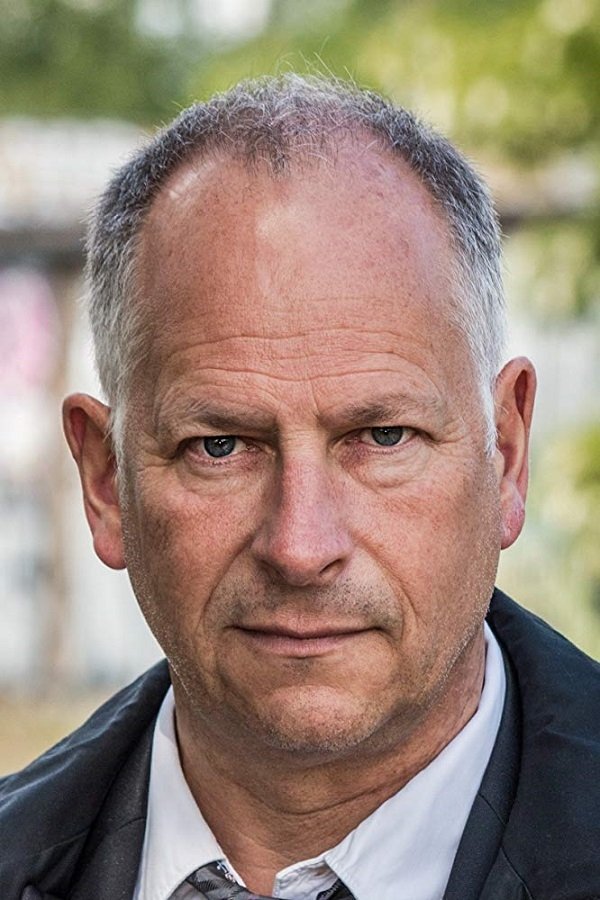
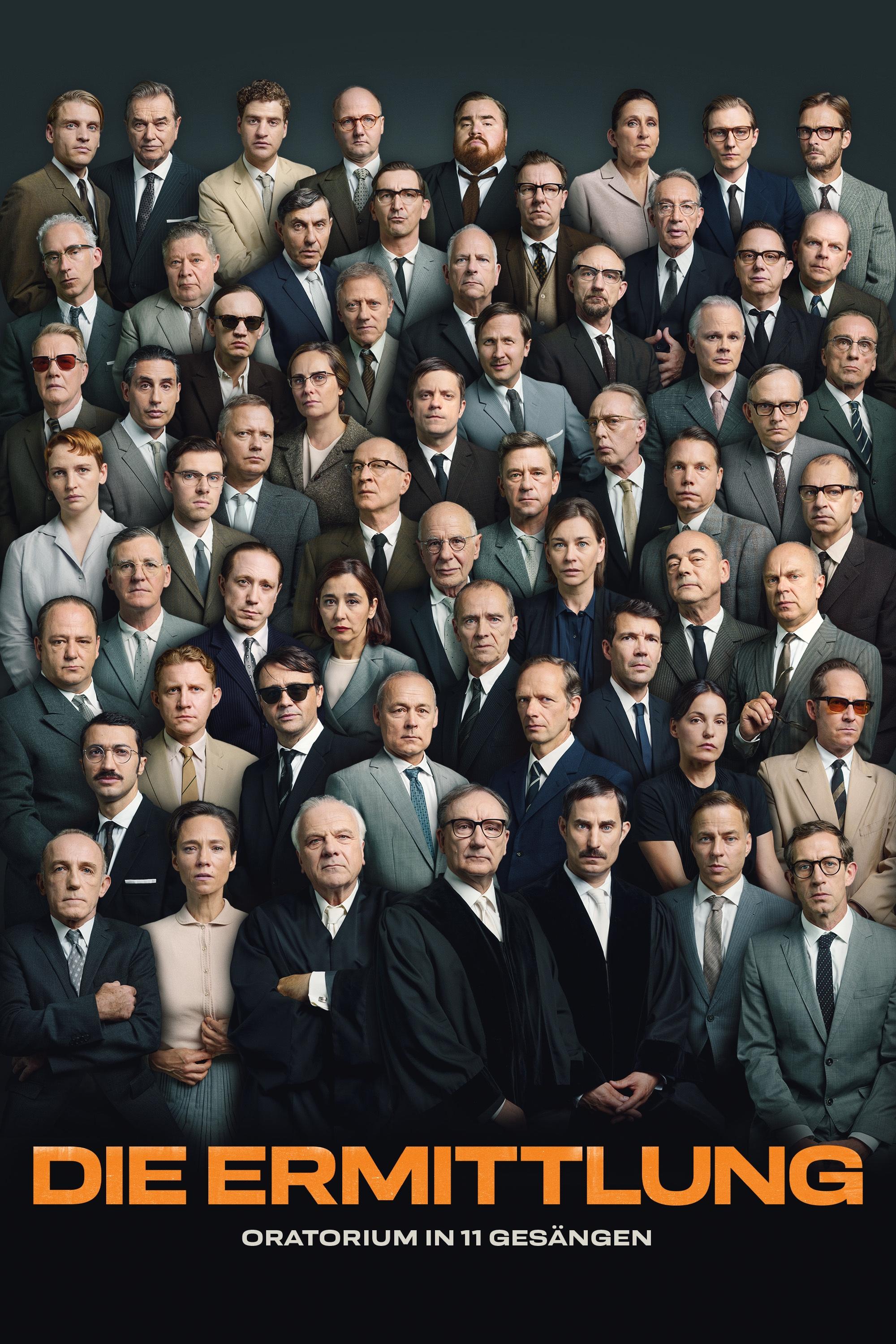
Peter Weiss’ monumental 1965 stage play, among the greatest artworks on the Holocaust, condenses the testimonies of witnesses and the accused during the Frankfurt Auschwitz Trials of 1963-1965. This ultra-faithful film adaptation builds, across four hours, in its intensity and graphically described detail.
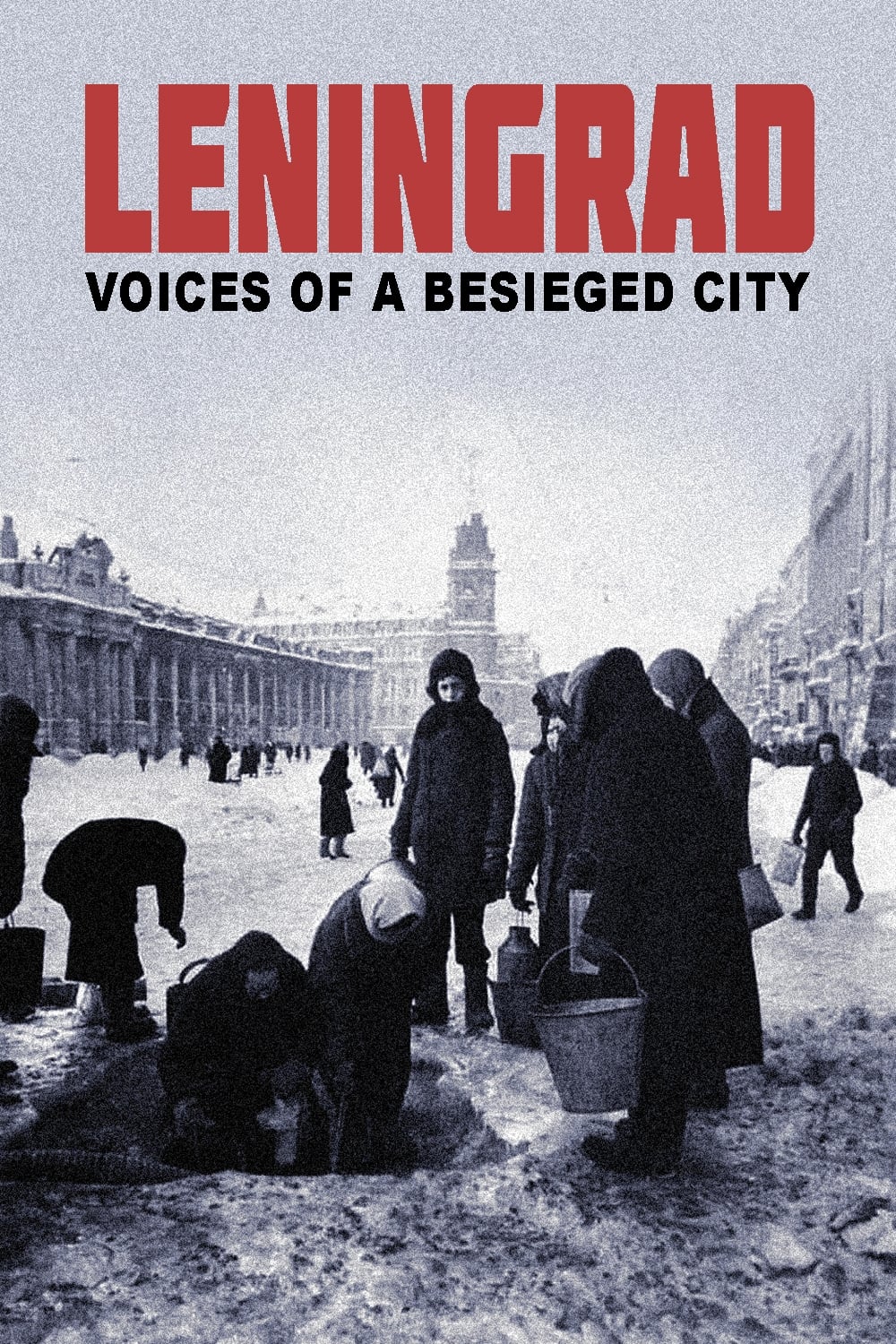
It was one of the great crimes of the Second World War: from 1941 to 1944, a total of 872 days, the siege and starvation of Leningrad by the German Wehrmacht on Hitler's orders lasted. Over a million people fell victim to the blockade, most of them dying of hunger. Countless of these starving people wrote diaries with the last of their strength, and cameramen filmed in the paralyzed city. Evidence from the hell of the siege, many of the film recordings, but above all the written memories on which this documentary on the occasion of the 80th anniversary of the liberation is based, remained under lock and key after the war. The voices of those who had suffered through this terrible time should not be heard by anyone, because they did not fit the pathos of the Leningrad heroic song that was officially sung. Most of the recordings come from women. The writers feared neither the enemy nor the Communist Party or Stalin, who often proved incompetent in providing for the population.
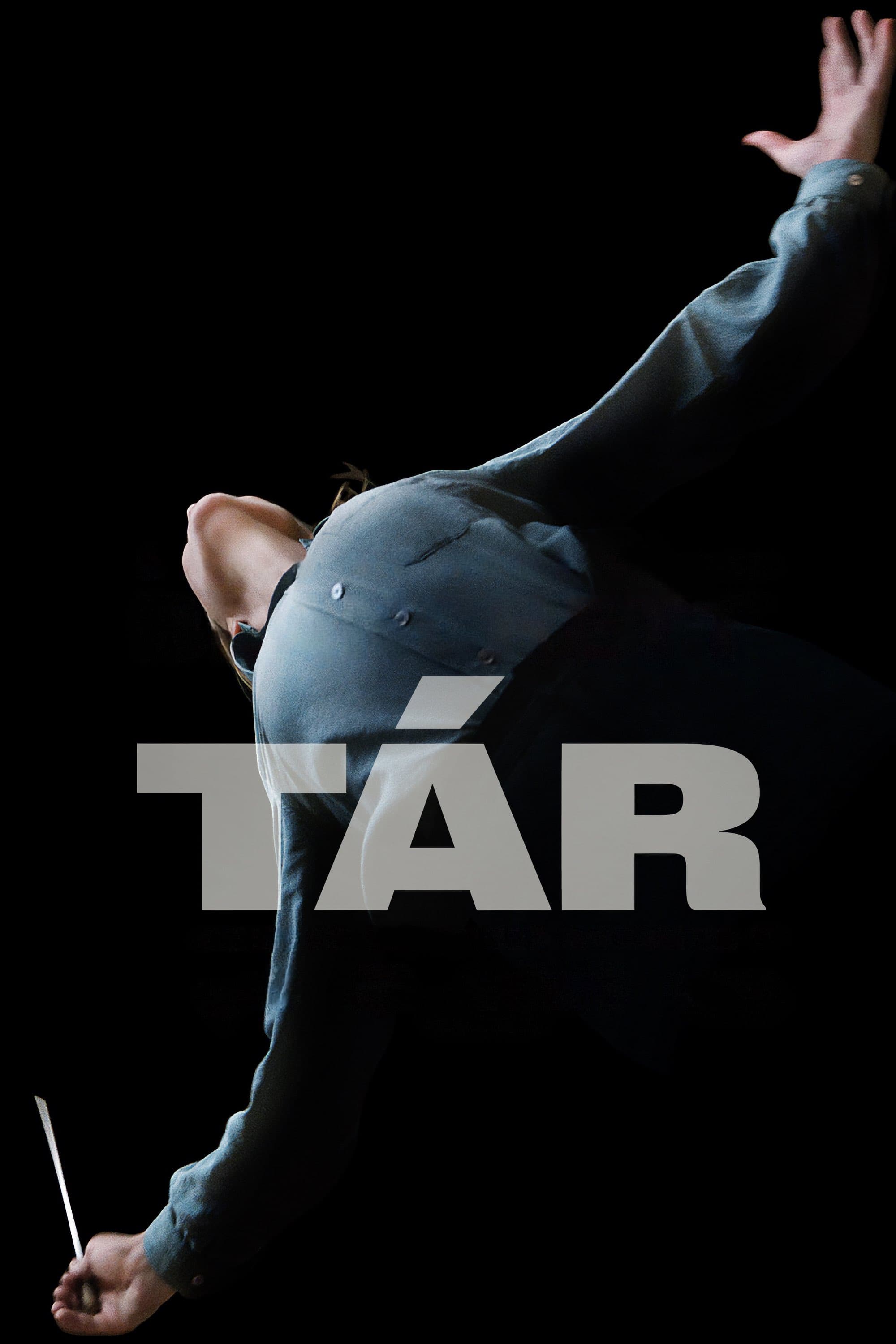
As celebrated conductor Lydia Tár starts rehearsals for a career-defining symphony, the consequences of her past choices begin to echo in the present.

The consequences of the climate catastrophe are dramatic in 2034. Drought and floods destroy the livelihoods of millions of people. After the third storm tide in a row, the headquarters of the International Court of Justice in The Hague was evacuated. In a provisional interim building in Berlin, the climate catastrophe becomes the subject of legal proceedings. Two lawyers represent 31 countries of the global South, which are doomed to destruction without the support of the international community.
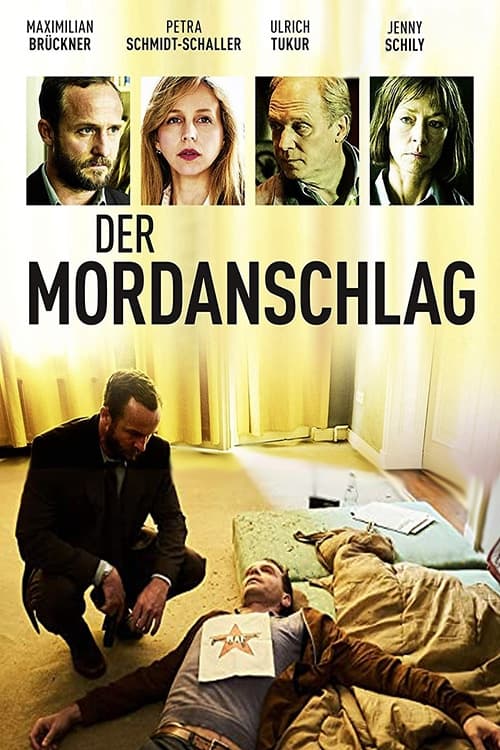
In 1990 the head of the Treuhand, Hans-Georg Dahlmann, was targeted by the RAF. When he made Sandra Wellmann, mother of one son, his assistant, he had no idea what additional danger he was exposing himself to. Because Wellmann is doing common cause with RAF members Bettina Pohlmann and Klaus Gelfert and is supposed to provide them with information for the planned attack on Dahlmann.
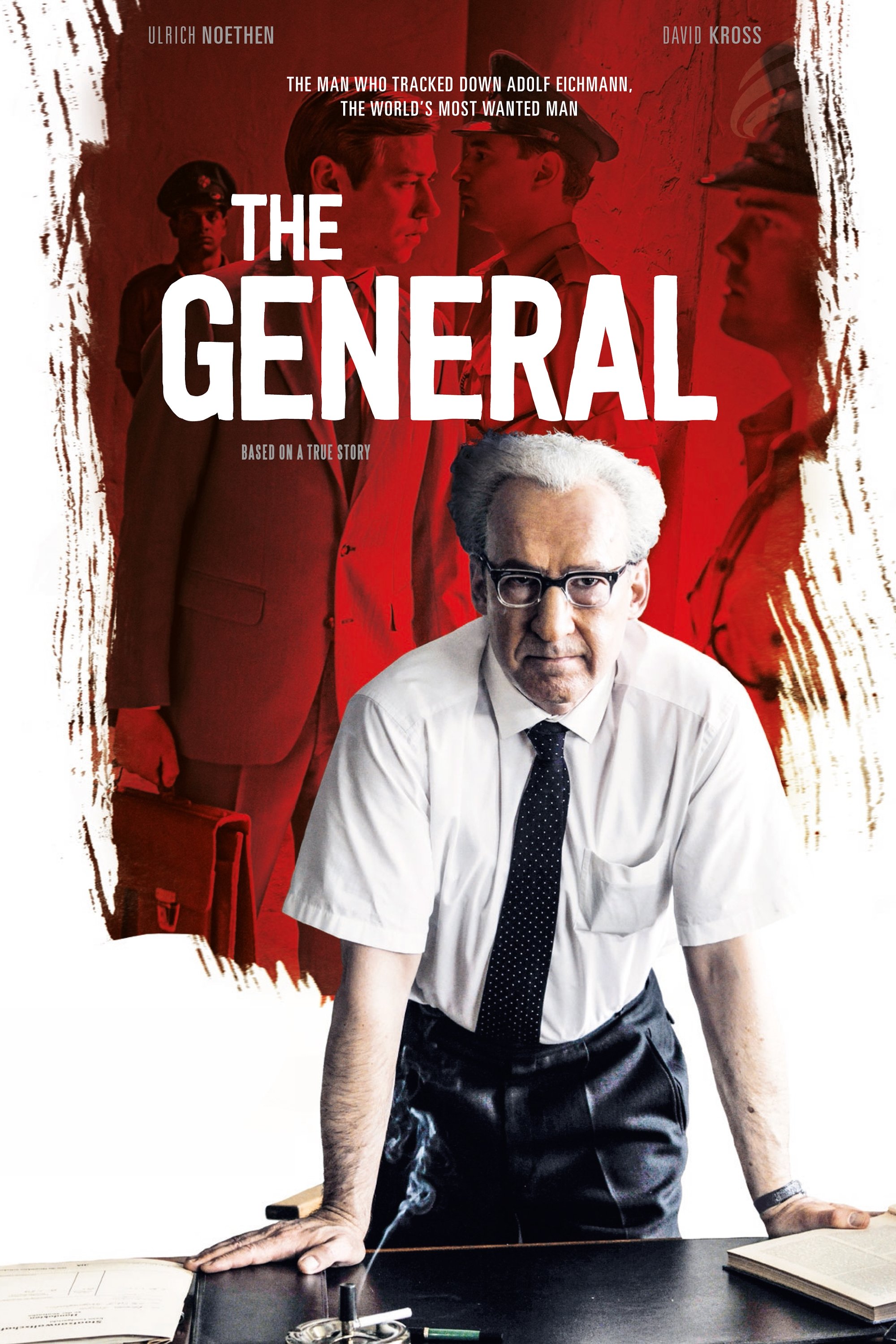
In the young Federal Republic of Germany, which in the late 1950s in politics and justice is still interspersed with only superficially purified Nazi cliques, leads the Hessian Attorney General Fritz Bauer a lonely fight against the coverup of Nazi crimes and the restorative policy of the government Adenauer - he is firmly convinced that only in this way can the young democracy be consolidated. Not only his attitude, but also his temperament make Bauer vulnerable, again and again resistance forms from politics, intelligence services and the judiciary against the lone fighter.

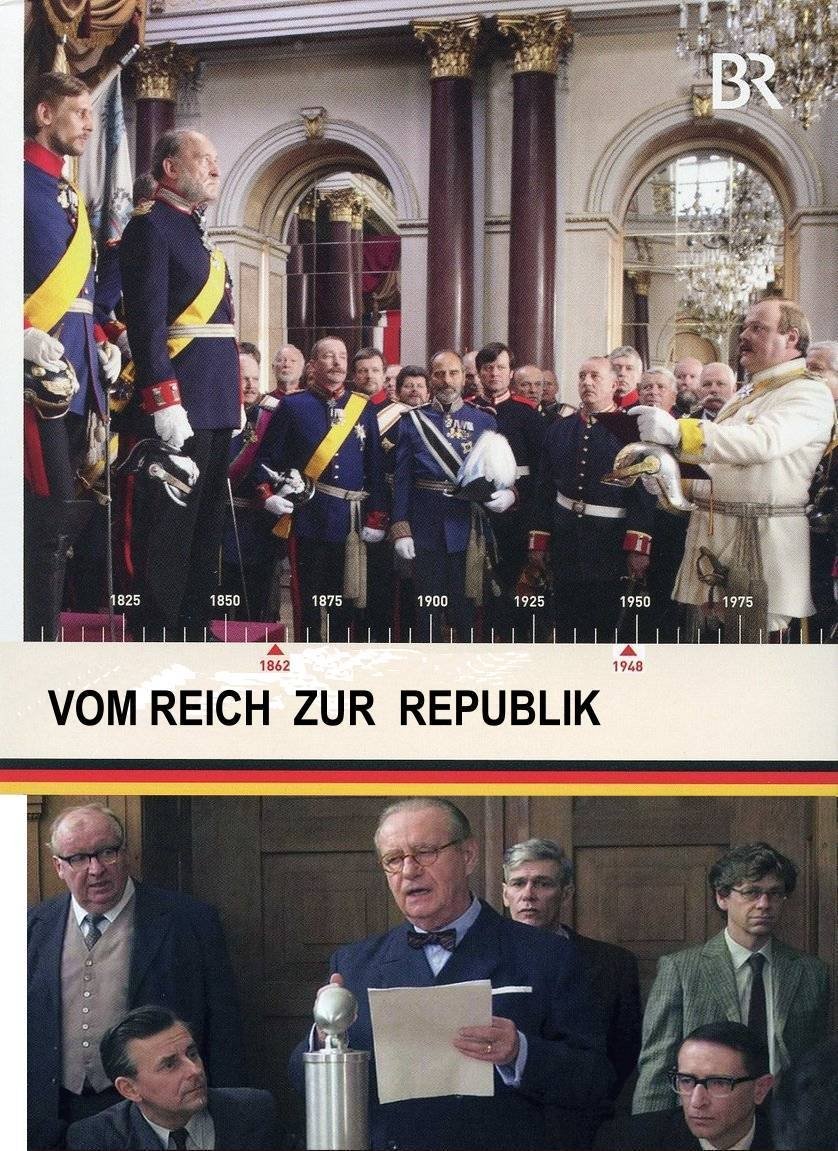

In the Austrian Alps have found the body of a young woman who died in a skiing accident eight years earlier. Dr. Marc Pelletier decides to return to the scene, as it is the brother of his ex-girlfriend. When he reach the ski resort, a dreadful avalanche buries all the people.
By browsing this website, you accept our cookies policy.